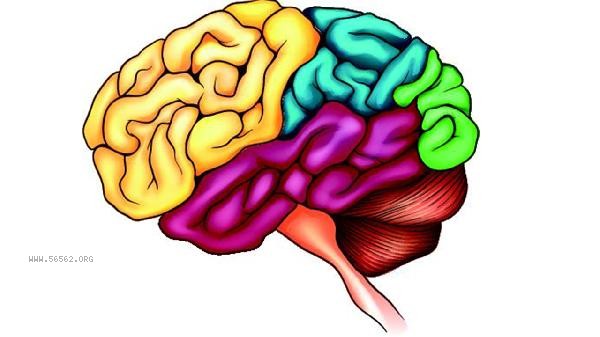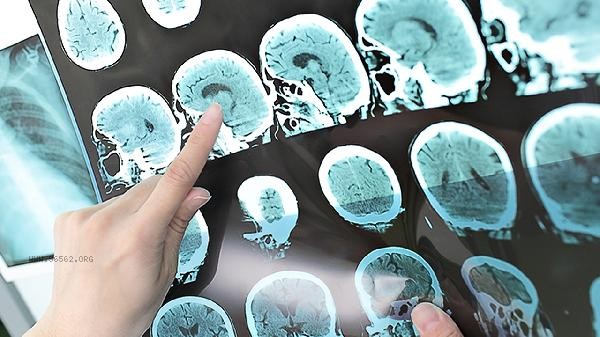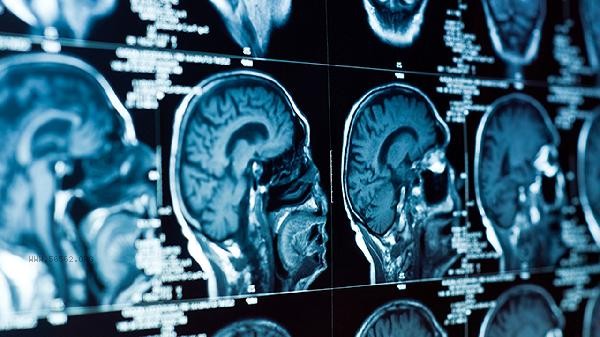A blank brain without thinking may be caused by transient ischemic attacks, anxiety disorders, sleep deprivation, hypoglycemia, depression, and other reasons. This situation usually manifests as symptoms such as cognitive stagnation, slow response, and lack of attention, and requires intervention based on specific triggers.

1. Transient ischemic attack
Insufficient blood supply to the brain may lead to transient thinking interruption, commonly seen in patients with cervical spondylosis or cardiovascular disease. This type of situation is often accompanied by dizziness or blurred vision, and can be treated with drugs that improve blood circulation, such as nifedipine tablets, ginkgo biloba extract tablets, etc. Avoid sitting for long periods of time and lowering your head in daily life, and regularly engage in neck relaxation activities.
2. Anxiety disorders
During acute anxiety attacks, there may be a phenomenon of blank thinking, which is related to cerebral hypoxia caused by hyperventilation. Patients may experience physical symptoms such as palpitations and sweating, which are often relieved by medications such as lorazepam and paroxetine in clinical practice. Breathing training and mindfulness meditation can help reduce the frequency of seizures.
3. Lack of sleep
Long term sleep deprivation can significantly reduce the activity of the prefrontal cortex and affect logical thinking ability. This condition does not require medication treatment, it can be improved by adjusting daily routines to ensure at least 7 hours of sleep. It is recommended to avoid using electronic devices before bedtime and keep the bedroom environment dark and quiet.

4. Hypoglycemia
When the blood glucose level is lower than 3.9mmol/L, thinking stagnation may occur, which is common in patients with diabetes or dieters. Timely supplementation of sugary foods can alleviate symptoms, and insulin function testing is necessary for recurrent episodes. Carrying candies or cookies with you can prevent sudden hypoglycemia.
5. Depression
The symptoms of cognitive inhibition during depressive episodes are characterized by a sense of blank space in the brain, which is related to neurotransmitter imbalance. In addition to antidepressants such as sertraline tablets and mirtazapine tablets, regular aerobic exercise and light therapy also have auxiliary therapeutic effects. It is recommended to seek medical attention as soon as possible if the symptoms persist for more than two weeks.

Daily cognitive training such as reading, board games, etc. can be used to maintain brain activity, and dietary attention should be paid to supplementing deep-sea fish, nuts, and other foods rich in omega-3 fatty acids. If frequent blank thinking occurs and affects daily life, it is recommended to undergo electroencephalogram or cranial magnetic resonance imaging to rule out organic diseases. Maintaining moderate social activity and a good emotional state play an important role in preventing this symptom.







Comments (0)
Leave a Comment
No comments yet
Be the first to share your thoughts!